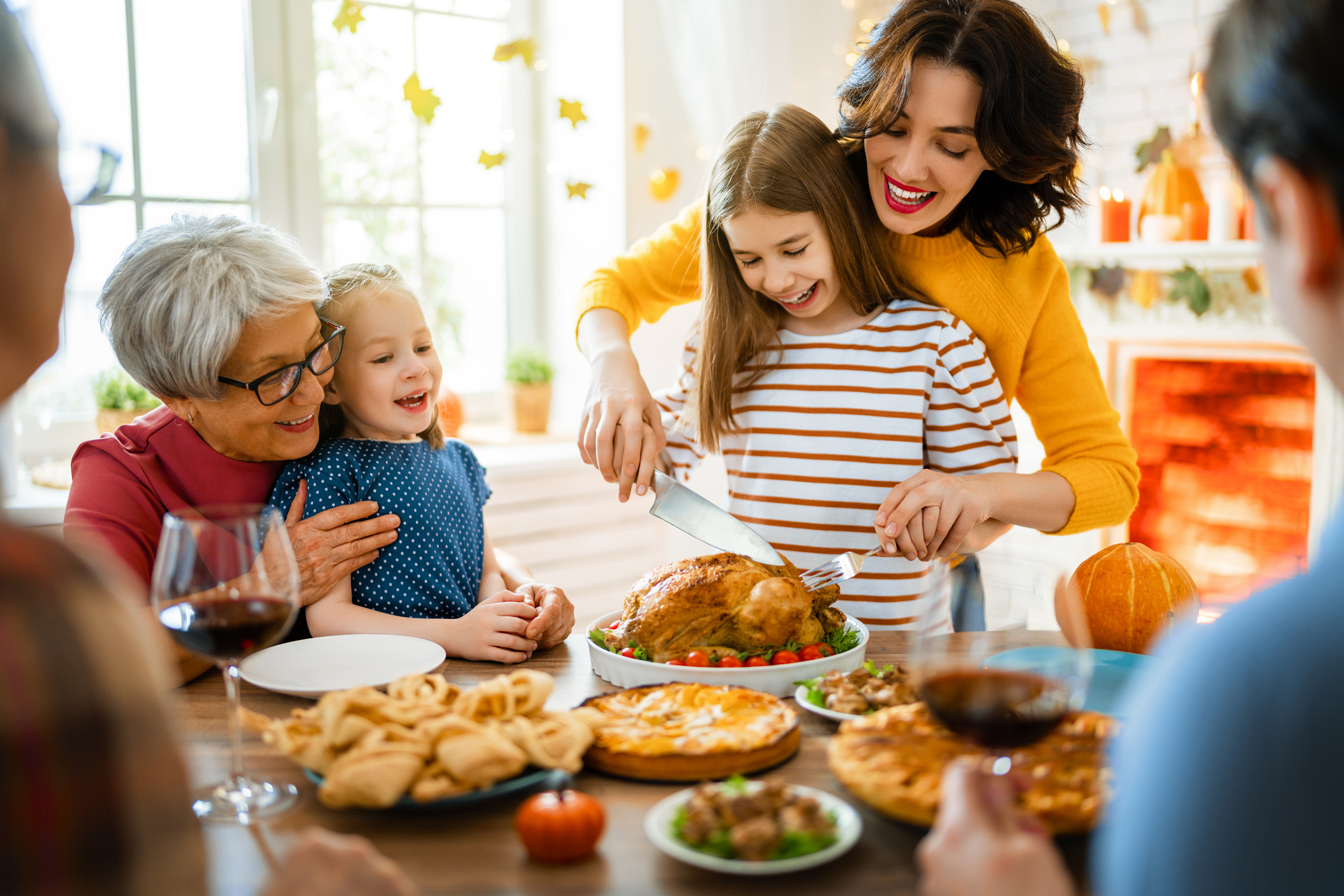The holiday season can be an exciting, almost magical time, but for many senior citizens, it can also be extremely stressful. In fact, seniors are usually far more affected by the holidays than many of their adult children are.
There are a number of reasons for this, often revolving around the fact that older people have lost loved ones, they may have reduced cognitive or mobility skills, and they may be much less healthy than they were in their younger days.
You can help to minimize the stress placed on your elderly loved ones by being more aware of their situation, and by following some of the good practices described below.
Ensure they’re eating properly
There are always plenty of sweet treats and delights to share when the holiday season rolls around, and people tend to be much more self-indulgent during the holiday season. If your household typically has a holiday get-together or a party, it can mean that tons of food will be prepared buffet-style and that there will be lots of opportunities for overeating, and possibly drinking to excess.
If you happen to be the primary caregiver for your senior loved one, make sure that most of these temptations are avoided, and that your parent only consumes a balanced diet, rather than one heavily loaded up with sweets.
If they drink alcohol, make sure that it’s only in moderation, and don’t allow them to over-indulge. Alcohol consumption rarely turns out well for a senior, and more often than not it facilitates a depressed state since it is itself a depressant. By maintaining a good healthy diet during the holiday season, your senior will have a better chance of staying on an even keel and not slipping into any kind of saddened state.
Get them involved
As long as you’re senior loved one is still capable of navigating around the household, ask them to help with all the preparations that go into holiday meal planning and gift-giving. If they should offer to help, be sure to take them up on it regardless of whether or not you really need help in that area, because it will make them feel good about contributing.
When a senior is able to contribute, they will always feel better about themselves and they won’t have that guilt that comes from doing nothing and letting everyone else carry the burden. Some seniors might also feel less than useful if they aren’t involved in any of the tasks necessary for a good holiday celebration.
By keeping them involved in preparations, you’ll also be diverting their attention away from any stresses that might be building up inside, and that’s a good way to avoid a potential emotional meltdown.
Most seniors are perfectly capable of helping with meal preparations or with wrapping gifts for family members. You might also want to plan a cookie-making day, and include your senior loved ones in all the baking tasks.
Remembering past loved ones
There’s no better time than the holiday season for remembering past loved ones and family members who have departed. Almost anyone who reaches the age of retirement has already lost at least one or more persons who were once dear to them. Most likely, it will be very pleasant for them to be remembering these lost individuals at holiday time, so instead of ignoring that, encourage them to share their memories of lost loved ones.
Just by talking about lost loved ones, your senior loved one will probably feel better about the situation, and may even have their mood improved because they still feel that connection to the departed.
Keep seniors informed of your plans
It’s a simple matter to make arrangements with family and friends over the holidays, and it’s just as easy to inform your senior parents about those plans.
When seniors are kept in the loop and informed about upcoming activities, they will feel like they’re part of the action, and they’re not being overlooked. The sooner you can inform your loved ones about plans, the less likely they are to get stressed over them and end up having a problem with some of your plans.
You should never assume that your seniors are free to attend every event that you’re planning, because it simply may not be convenient for them, or they may not have any interest in it. Always give them the option to participate or not, but if there’s something you really think they will enjoy, you can nudge them a little harder toward participation.
It’s a good idea to get all family members to follow the same policy, i.e. consulting with seniors about upcoming activities and plans, so they can feel like they’re part of the planning process, and will not be overlooked or left out.
